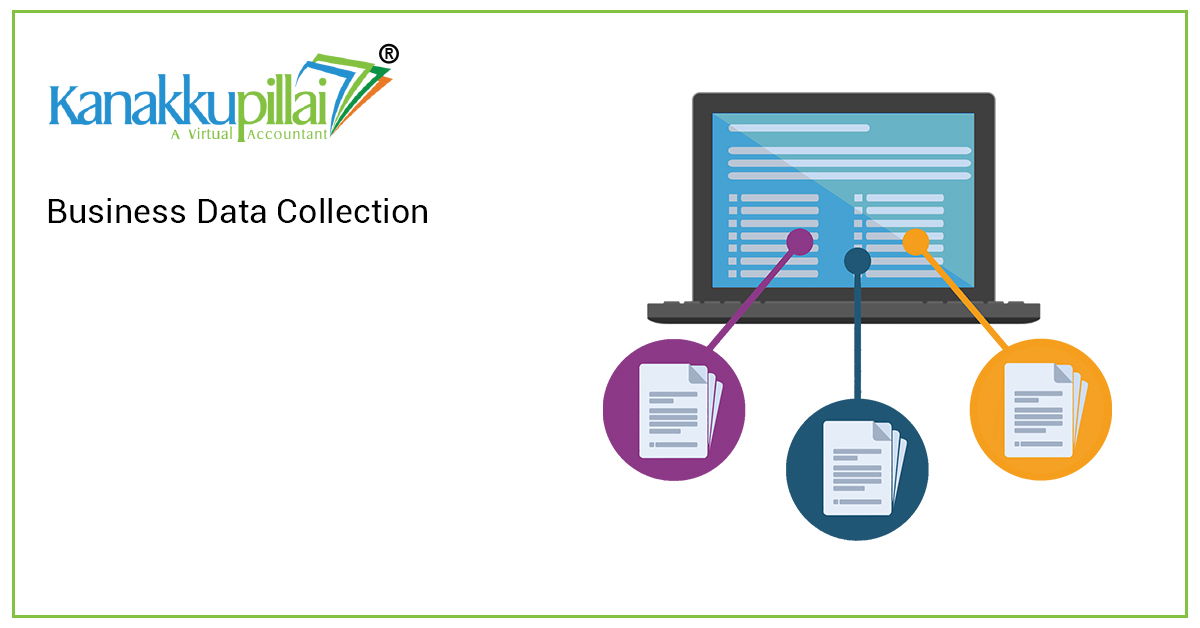Data collection is one of the most important and valuable business practices today. The dependency on data collected is increasing due to the amount of insight it can provide to the business for making decisions. The peculiarity here is that the company can make informed decisions that will have vital effects on the operations, growth, and other elements of the company. But for this, it is absolutely necessary that the quality and quantity of the data collected are high and sufficient.
Business houses around the world are highly dependent on data collection to improve their current products and the level of services provided, launch new products in the market, and even enter new markets with current or totally new products.
What are the steps to start a data collection process?
Understanding the complexity of data collection, we can utilize the following steps for collecting data:
Step 1: Firstly, the issue or opportunity for which the entity is collecting data should be identified and laid out. If there is no clarity regarding the reason the business is collecting data, it will not be able to collect relevant, sufficient, and high-quality data.
Step 2: Once this has been laid down, the goals should be set, which would ensure that the personnel involved collect the right data within the right time as required.
Step 3: Proper planning should be undertaken for the methods and approaches to be adopted for collecting the data, the sources to be relied on, and the duration to be totally committed to collecting the data. The decision regarding the methods and approach will depend on the size of the organization, its activity, resources, the nature of the issue or opportunity involved, or the data collection method, as well as the complexity of the same and the amount or quantity of data required.
This will include conducting surveys, observations, interviews, focus groups, or other methods and approaches.
Step 4: Now, the data should be collected by adopting the planned methods and approaches. Various risk factors, ranging from practical logistics difficulties to data implementation and collection challenges, will need to be considered and addressed.
Step 5: The data collected so far should be analysed and interpreted to derive details. This is a complex process that depends on the size and the method or approach used for collecting the data.
It is also vital that this data is transformed into a format that a layperson understands and acts upon.
Step 6: The final step is to act on the results obtained and implement the decision made. The analysis report of the data collected shall be used to take the desired action and implement it to earn the expected results.
What are the benefits of data collection in business?
Data collection is important as business houses running fast in the competition want to advance and make informed decisions regarding current or potential consumers. Companies can also use this data for the marketing or promotion of their new products, improved products, or other new developments. This helps in retaining consumers and also assists in retargeting efforts.
It will solve complex problems that the company is facing and even improve its business processes. Data collection allows the entity to understand consumer behaviour and serve them accordingly, along with providing a view of how it is performing within the market and industry.





